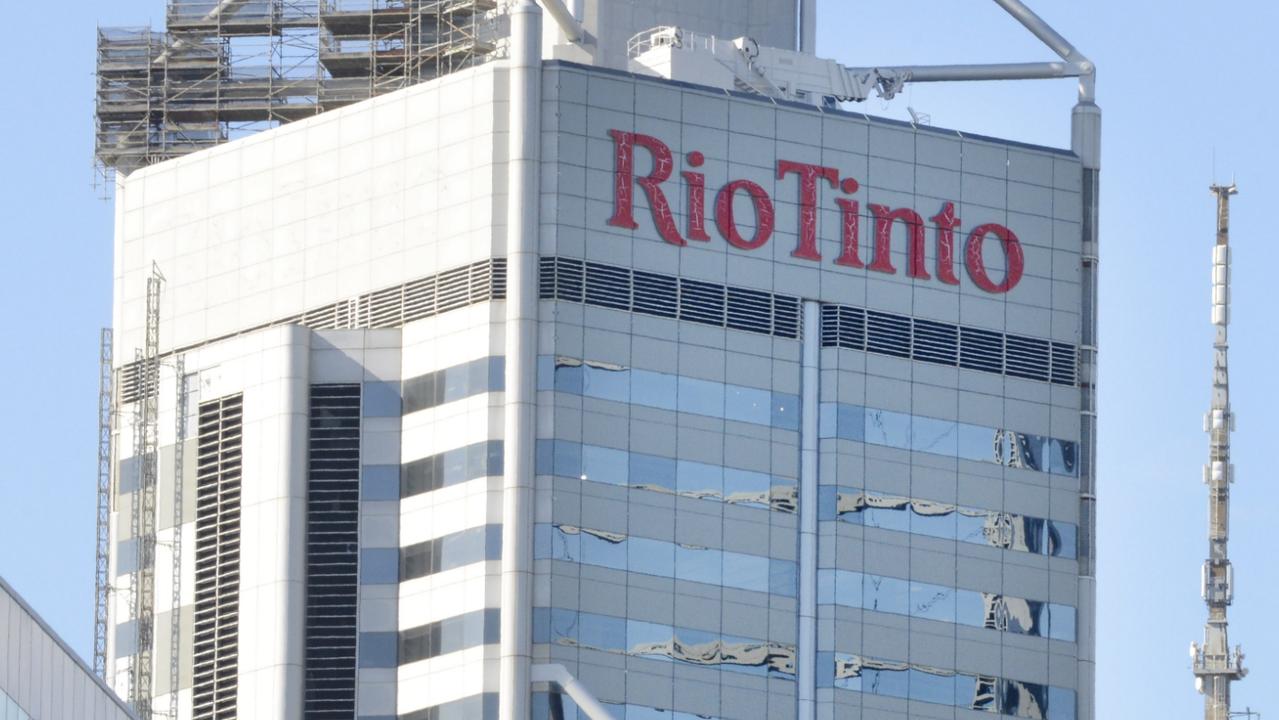Guzman Y Gomez’s Australian hiring spree: Where the 2000 jobs are
Australia’s cafe, restaurant and takeaway food workforce is predicted to boom, and GYG is after more staff as its Australian expansion continues.

Work
Don't miss out on the headlines from Work. Followed categories will be added to My News.
The employment landscape is set to evolve over the next five to 10 years, with some occupations becoming obsolete while others are thrust into the spotlight.
Australians hoping to keep up will need to skill up, and take the changes in their stride.
Analysis of Federal Government forecasting predicts the country’s largest growth sectors between 2019 (before the COVID-19 pandemic) and 2025 are:
- School education – 105,400 extra roles, up 19 per cent over six years
- Hospitals – 98,900 or 22 per cent more roles
- Social assistance services, such as youth welfare and non-residential aged care and disability care – 98,600 or 35 per cent more roles
- Computer system design and related services – 98,600 or 40 per cent more roles
- Cafes, restaurants and takeaway food services – 71,800 or 12 per cent more roles
PwC Australia future of work lead Dr Ben Hamer says in general, the types of jobs likely to grow in the coming years are those that are digital or uniquely human, and where person-to-person interaction is essential.

“When it comes to key industries, we can look to the recent federal budget to see significant investment in infrastructure and construction, which is already resulting in more jobs,” he says.
“We will also see growth in jobs that previously relied on skilled migrants, particularly in sectors already experiencing shortages, like health, aged care, and disability services.”
Meanwhile, other jobs are on track to disappear.
“Jobs that are made up of a series of repetitive processes and tasks will likely be automated, while other roles will become obsolete due to changes in consumer preferences – for example, online shopping and automated check-outs,” Hamer says.
“When we look at key industries in Australia, we can expect to see many roles in financial services, retail, and manufacturing be impacted most, particularly as many of these jobs get automated.
“While estimates vary, we can reasonably expect that up to a quarter of all roles in these industries will be automated over the next five years.”
New research from PwC reveals 32 per cent of Australians think their job will be obsolete within five years – but Hamer believes it will not be that bad.
“(That figure) is much higher than what we can expect to play out,” he says.
“While it is reasonable to expect that this number of workers, and more, will have their roles impacted by technology in some way, it highlights the uncertainty and anxiety that many people have when it comes to their careers.”

He says workers that hope to remain relevant into the future will need to develop human skills – such as empathy, creative problem solving, critical analysis and leadership – as well as commit to self-directed lifelong learning and gain a foundational level of digital literacy.
Encouragingly, the PwC report finds 75 per cent of Australians are ready to learn new skills to stay employed.
Meanwhile, a report from Oxford Economics forecasts three out of five of jobs in Australia will require advanced digital skills by the year 2030 and that the soft skills of agility, creativity and curiosity will be in demand in the future workplace.
Oxford Economics director Henry Worthington says workers will have to do the jobs that computers are unable to do.
“This isn’t about robots taking our jobs, it’s about making sure we train up the next generation to think and work in ways which computers can’t,” he says.
“Our research shows that we need to move away from teaching young people to accumulate knowledge, to a more well-rounded education which focuses on the application of this knowledge, creativity and critical thinking.”

HIRING SPREE IN FAST FOOD SECTOR
Australia’s cafe, restaurant and takeaway food workforce is predicted to increase from 623,900 people in 2019 to 695,700 in 2025 – and Guzman Y Gomez is certainly doing its part to support growth.
The Mexican restaurant chain is planning to hire more than 2000 extra workers between April and June as new stores open across the country.
This includes about 790 new roles in Queensland, 580 in New South Wales, 456 in Victoria, 74 in Western Australia, 47 in the ACT, seven in South Australia and six in the Northern Territory.
They are a mixture of casual (about 80 per cent), full-time (10 per cent) and part-time (10 per cent) positions and span restaurant managers, cooks, sales and line workers, and baristas.
Founder and chief executive Steven Marks says they want workers who have the right energy.
“We look for crew who are passionate, know how to move and are eager to learn,” he says.
“Depending on the role, previous experience matters less as our training team and operational platform are the best in Australia and can support crew at all levels of experience.
“We are fast food, so we do value experience of working in hospitality or even fast-paced retail environments.”
Mariana Pinhero has been working with GYG since September and is the new restaurant general manager at Westfield Sydney and ICC (International Convention Centre).
“I love the fast-paced energy of GYG, it’s like one big family,” she says.
“I get to meet lots of our guests and see them enjoy the food we prepare fresh every day.
“Our crew are from all over the world and that’s what I love about the restaurant industry.”
More Coverage
Originally published as Guzman Y Gomez’s Australian hiring spree: Where the 2000 jobs are




